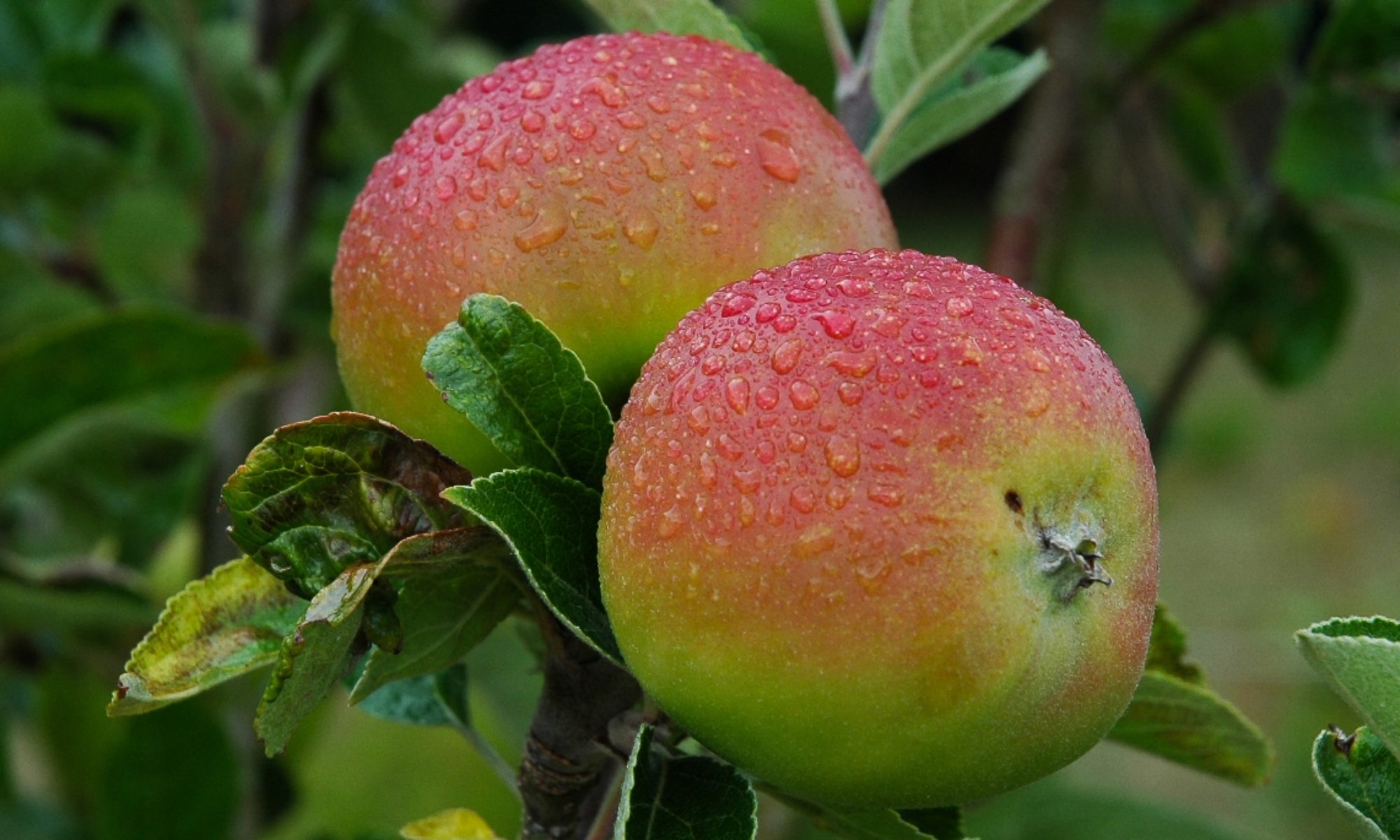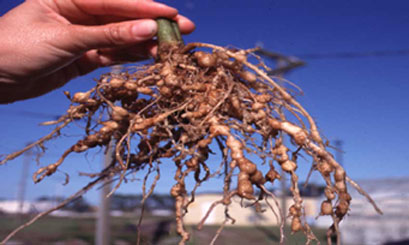Root knot nematodes live underground and attack plant roots.
Also known as:
False Columbia root-knot nematode
Root knot nematode (Meloidogyne fallax and M. chitwoodi). Root knot nematodes live under the ground and attack plant roots. They cause 2 to 4 mm large growths (bumps) on the roots.
After infection, growths are formed at the ends of plant roots on which the nematodes live.
The Root knot nematode is less common in heavy clay soils; sandy and other light soils are preferred.
Root knot nematode is a direct threat to a range of arable crops: potato, beet, carrots, turfgrasses, strawberries, lettuce, lucerne, tomato and black salsify.
Where to find
- Arable crops
- Vegetable plot and ornamental garden
Control
After infection, recovery is no longer possible.
Prevention
Keep the vegetable and ornamental garden weed-free; many weeds are host plants for the Root knot nematode.
Crop rotation with crops that are not susceptible to this nematode helps reduce the population.

